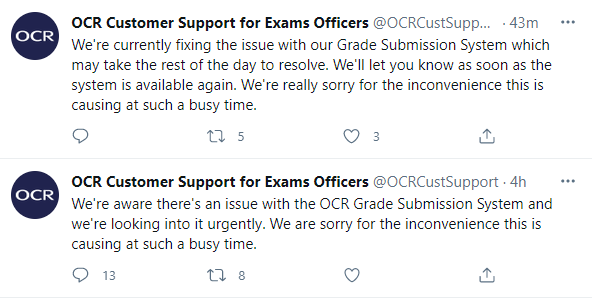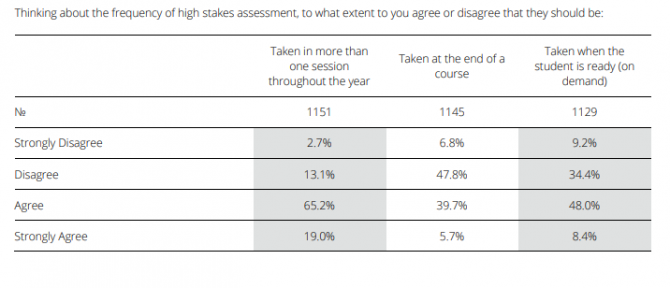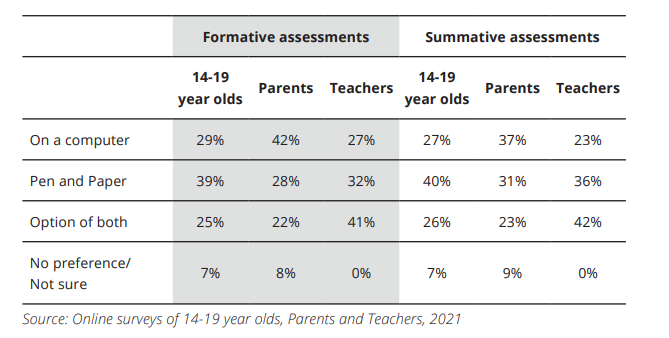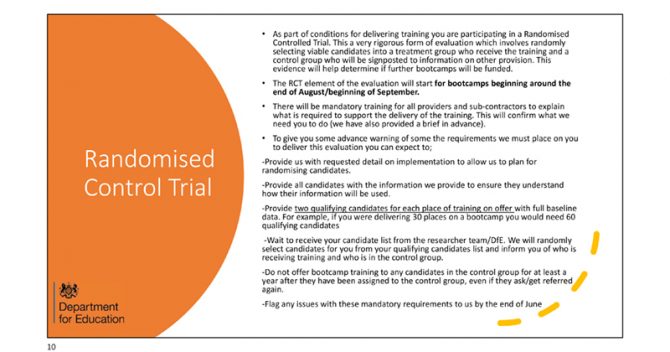A theatre and dance company has been slammed by Ofsted for body shaming its students.
Learners at the Bodywork Company, based in Cambridge, told inspectors of choosing not to eat after classes for fear they will gain weight following “inappropriate” comments made by some staff in front of their peers.
Students told the watchdog that “looking beautiful” was “more valued by these staff than students’ talents”.
Ofsted’s report, published on Thursday, goes on to claim there are incidents of some staff discouraging students from going to auditions for roles when they may not have “the desired physique”.
The provider told FE Week the issues are “historic” and they have since fired the staff in question.
This was the second time the inspectorate has visited the Bodywork Company in the past seven months following safeguarding concerns. Both reports found ‘insufficient’ safeguarding arrangements. The provider had 78 learners on its books at the time of Ofsted’s visit.
Bodywork Company founder Theresa Kerr said she has been left “devastated” by the report.
“Unfortunately, this is historical,” she told FE Week. “I had to let a teacher go just before lockdown. She had been with us since 2019 and it was pretty apparent she was making some very negative remarks to the students. We also had a singing teacher who we let go. Both went at the beginning of 2020, and it stopped.
“We have had multiple staff training days because of this. Our present faculty are brilliant and completely understand how to treat young people.”
Kerr said the students have carried the inappropriate comments with them and she is “desperately sorry about that. We are now doing the very best we can to ensure all of our students feel good about themselves, never ever mentioning the weight.”
Aside from body shaming, Ofsted reported that governors at the provider had resigned earlier this year because of the “lack of safe recruitment practices”.
Inspectors said that leaders’ ongoing scrutiny of safeguarding arrangements, “although strengthened, is not yet comprehensive”. Their oversight of chaperoning arrangements for visiting and guest tutors, for example, “remains insufficient”.
However, safer recruitment practices “are now established, and employment references followed up appropriately”.
Kerr admitted that her provider had previously failed to carry out the necessary DBS checks when hiring staff, but that this had now been addressed.
Ofsted praised Bodywork Company’s tutors who now “systematically teach students how to stay safe in the performing arts world”. For example, students know how to protect their online identity and manage their social media presence appropriately.
Students demonstrate a “good understanding of safe working practices” and have an “effective understanding of the protected characteristics of others”.





 The Skills for Jobs white paper,
The Skills for Jobs white paper, 



